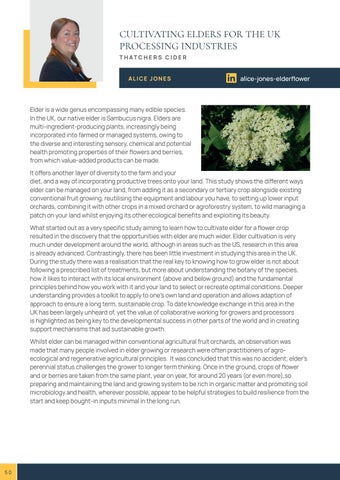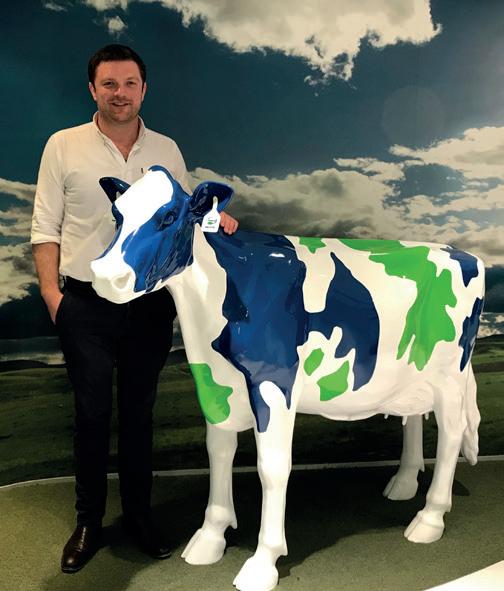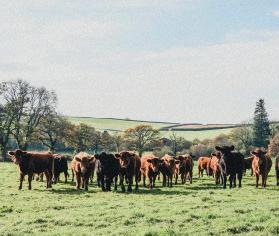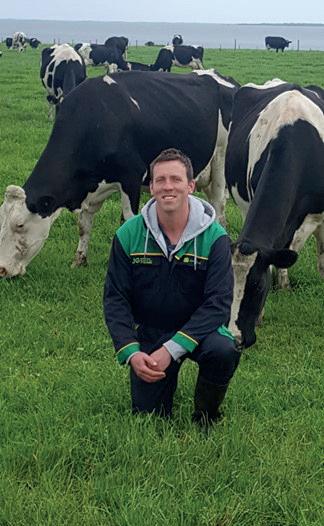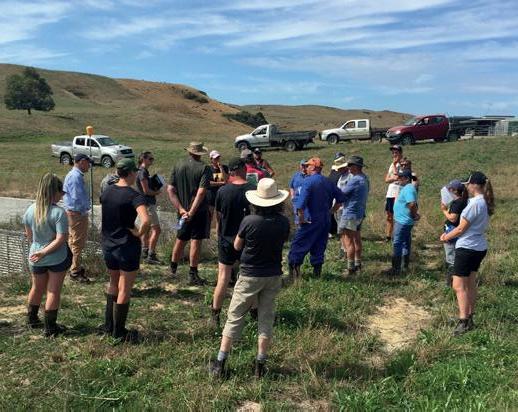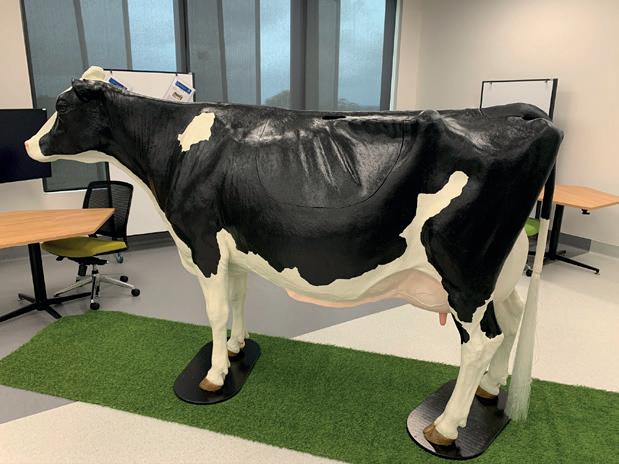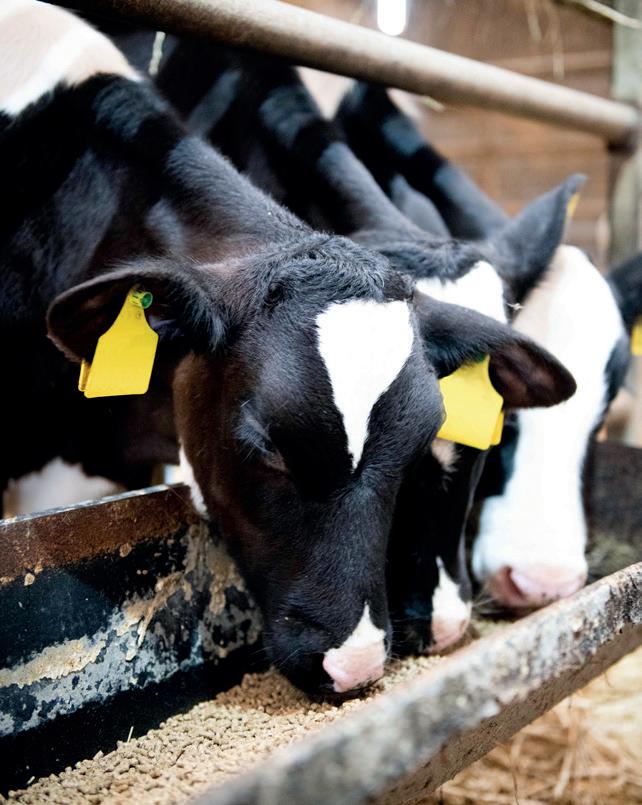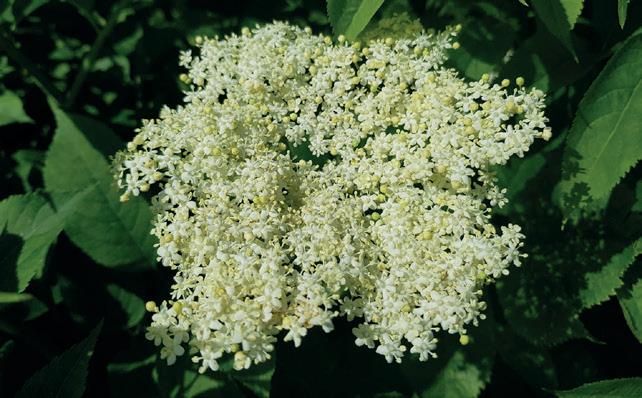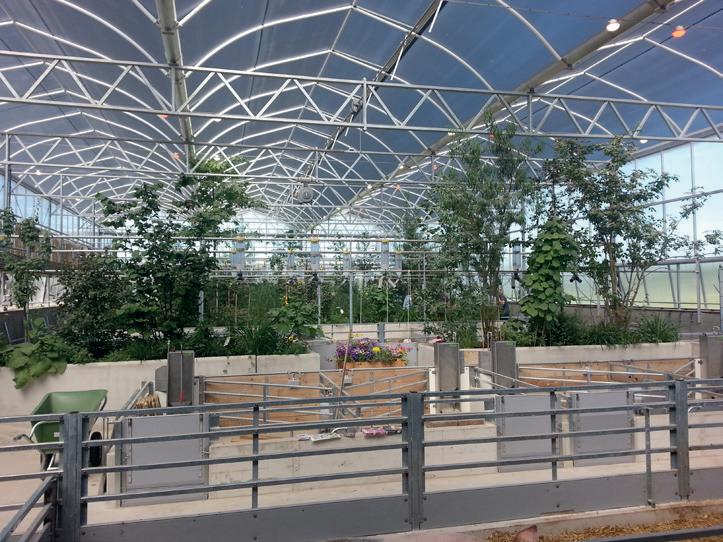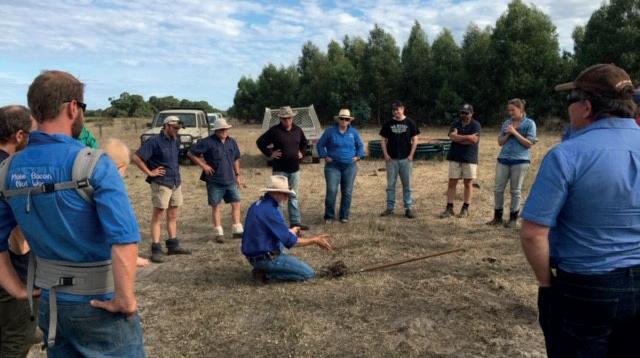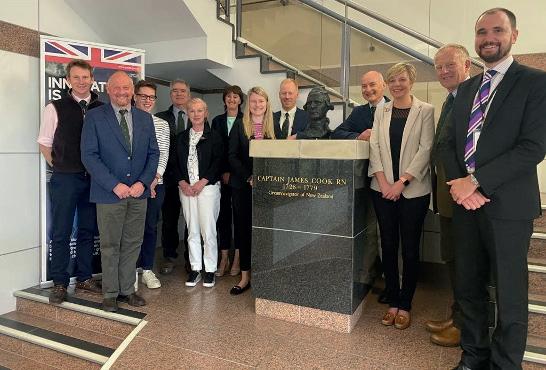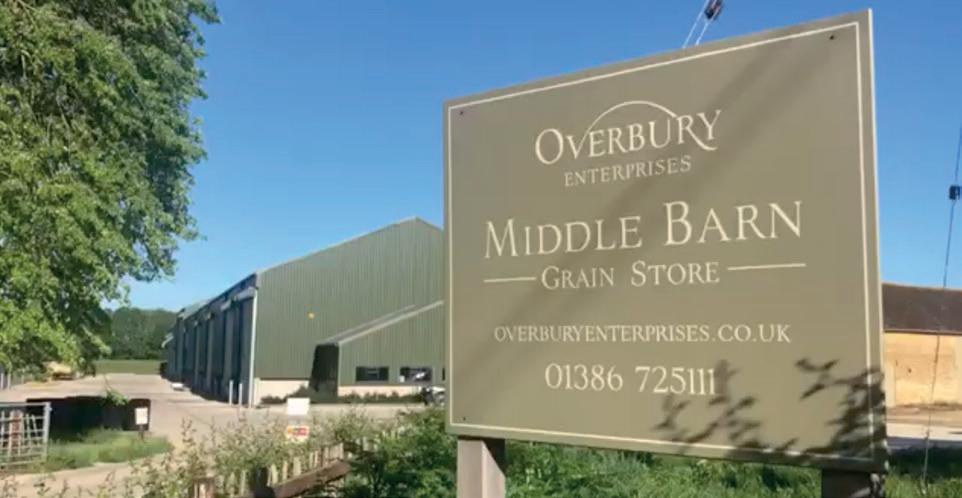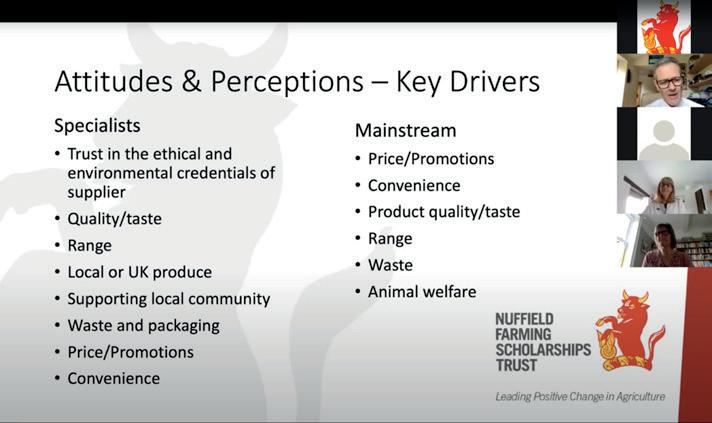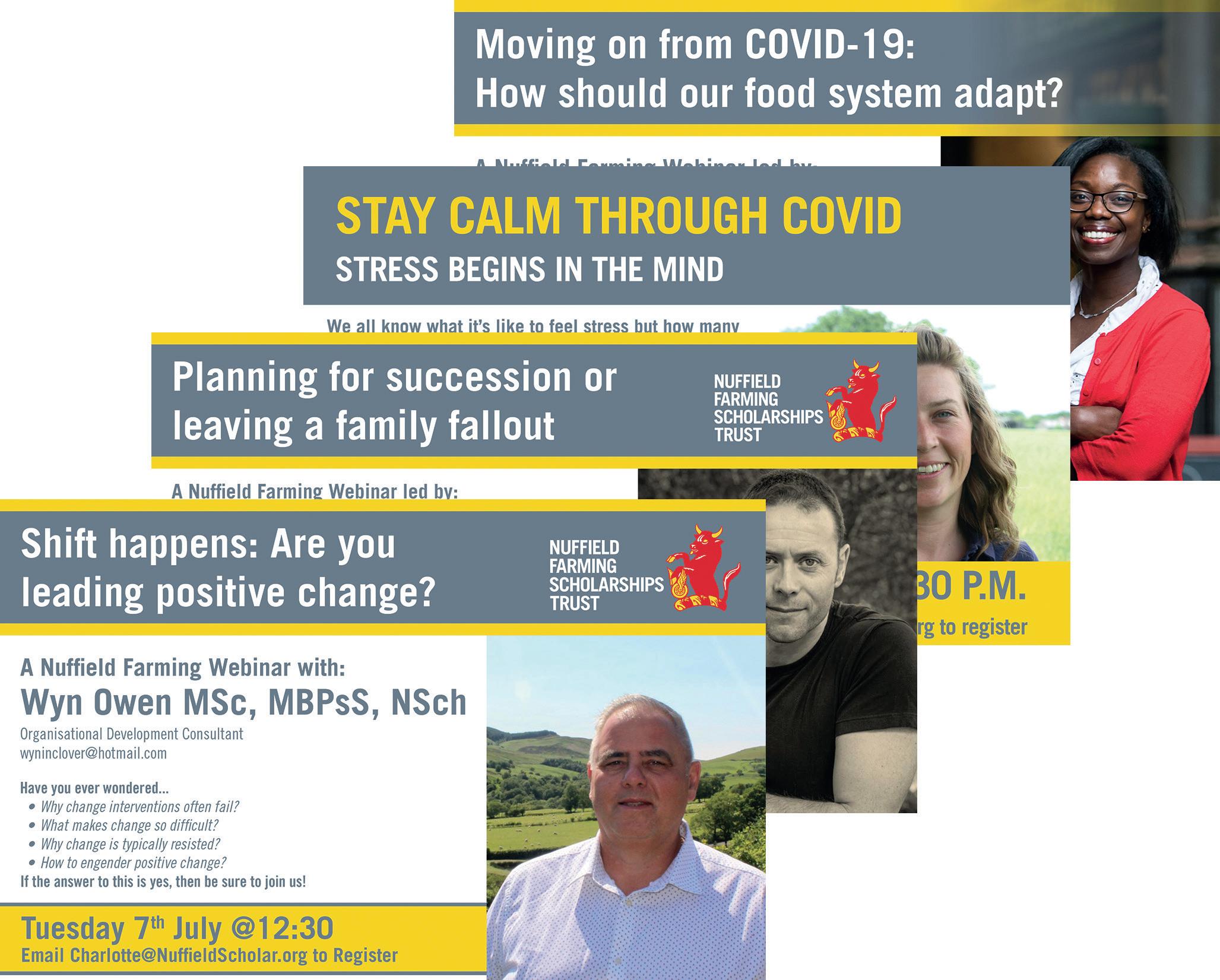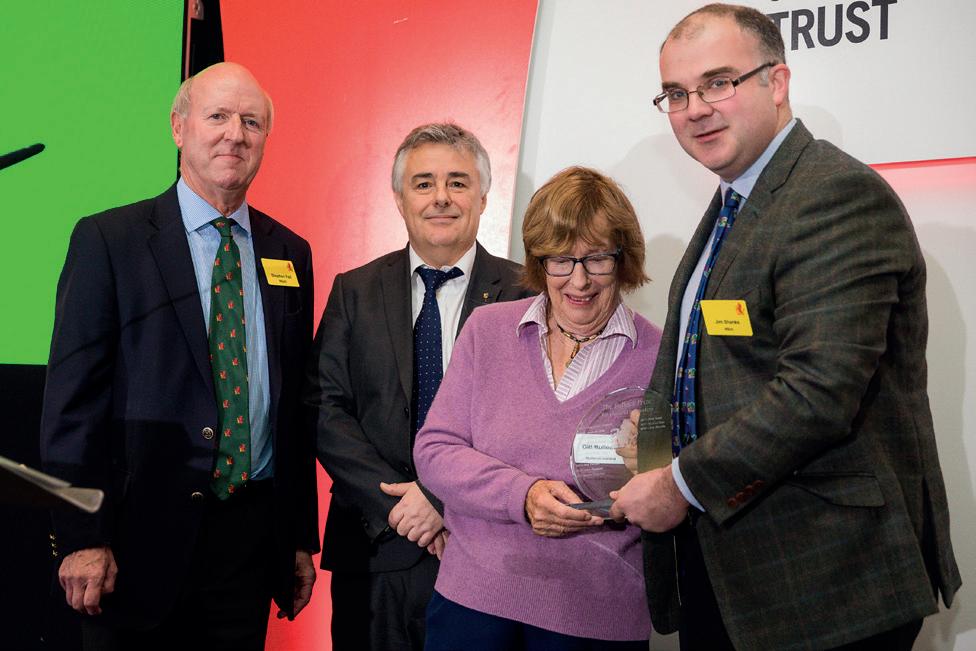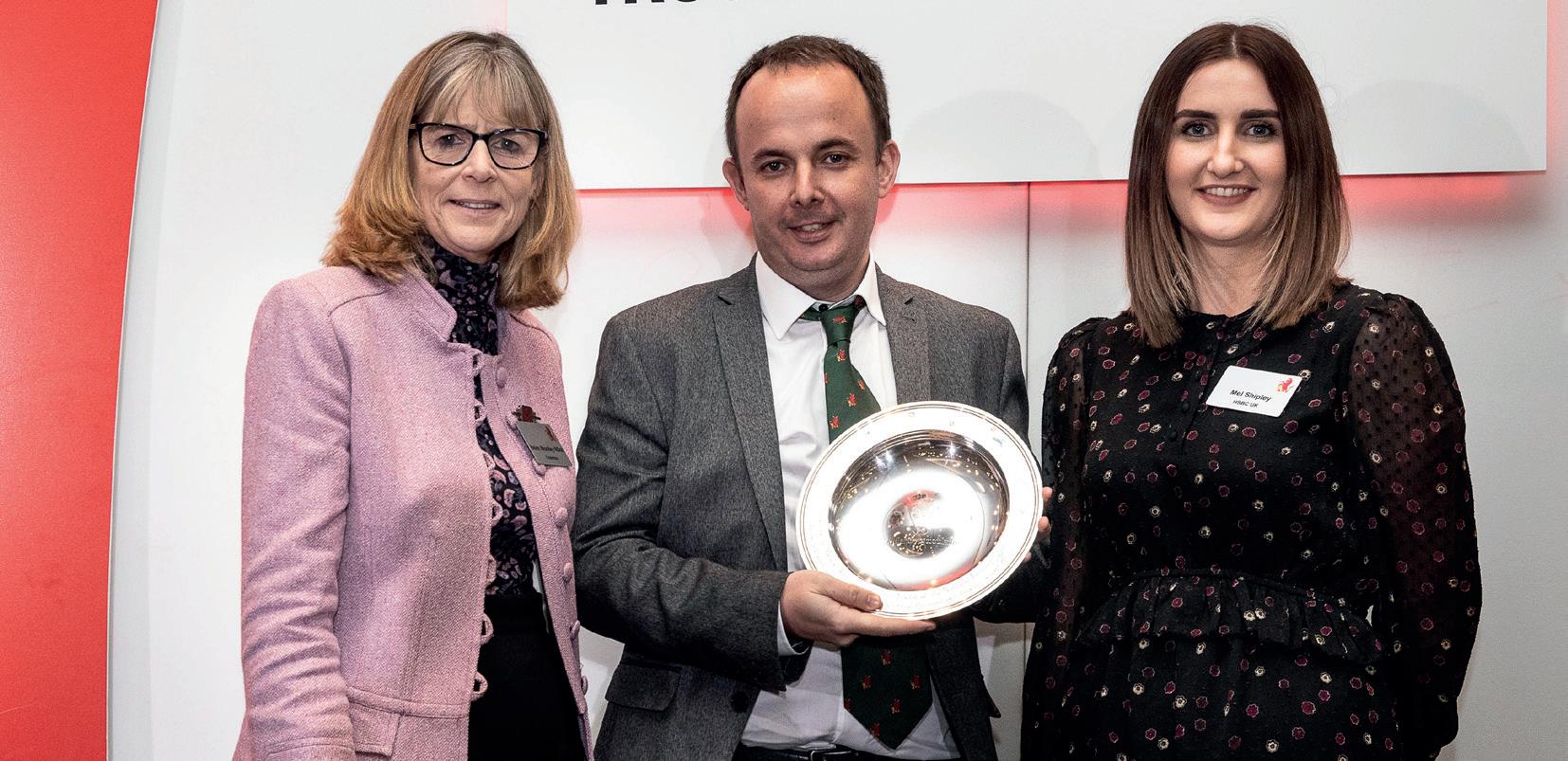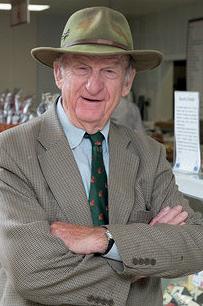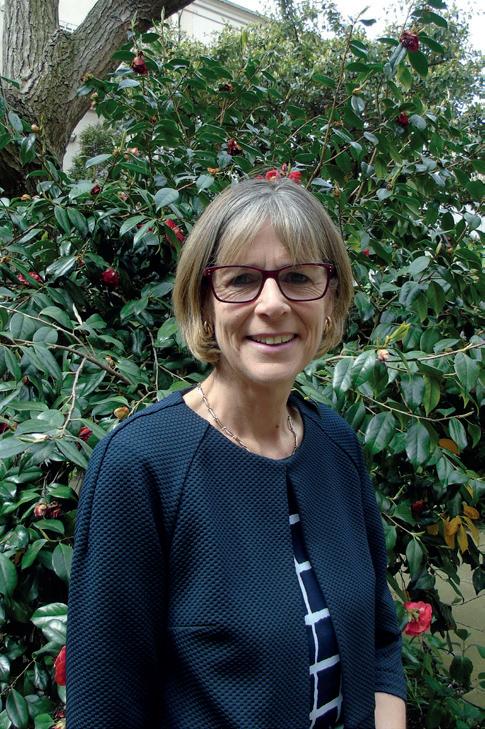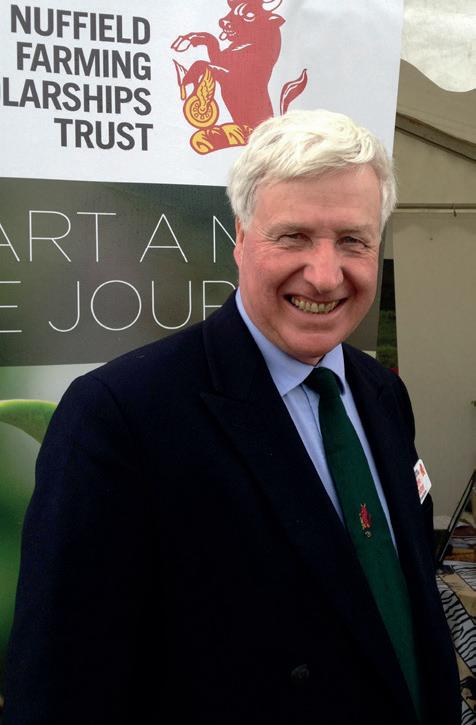CULTIVATING ELDERS FOR THE UK PROCESSING INDUSTRIES T H AT C H E R S C I D E R ALICE JONES
alice-jones-elderflower
Elder is a wide genus encompassing many edible species. In the UK, our native elder is Sambucus nigra. Elders are multi-ingredient-producing plants, increasingly being incorporated into farmed or managed systems, owing to the diverse and interesting sensory, chemical and potential health promoting properties of their flowers and berries, from which value-added products can be made. It offers another layer of diversity to the farm and your diet, and a way of incorporating productive trees onto your land. This study shows the different ways elder can be managed on your land, from adding it as a secondary or tertiary crop alongside existing conventional fruit growing, reutilising the equipment and labour you have, to setting up lower input orchards, combining it with other crops in a mixed orchard or agroforestry system, to wild managing a patch on your land whilst enjoying its other ecological benefits and exploiting its beauty. What started out as a very specific study aiming to learn how to cultivate elder for a flower crop resulted in the discovery that the opportunities with elder are much wider. Elder cultivation is very much under development around the world, although in areas such as the US, research in this area is already advanced. Contrastingly, there has been little investment in studying this area in the UK. During the study there was a realisation that the real key to knowing how to grow elder is not about following a prescribed list of treatments, but more about understanding the botany of the species, how it likes to interact with its local environment (above and below ground) and the fundamental principles behind how you work with it and your land to select or recreate optimal conditions. Deeper understanding provides a toolkit to apply to one’s own land and operation and allows adaption of approach to ensure a long term, sustainable crop. To date knowledge exchange in this area in the UK has been largely unheard of, yet the value of collaborative working for growers and processors is highlighted as being key to the developmental success in other parts of the world and in creating support mechanisms that aid sustainable growth. Whilst elder can be managed within conventional agricultural fruit orchards, an observation was made that many people involved in elder growing or research were often practitioners of agroecological and regenerative agricultural principles. It was concluded that this was no accident; elder’s perennial status challenges the grower to longer term thinking. Once in the ground, crops of flower and or berries are taken from the same plant, year on year, for around 20 years (or even more),so preparing and maintaining the land and growing system to be rich in organic matter and promoting soil microbiology and health, wherever possible, appear to be helpful strategies to build resilience from the start and keep bought-in inputs minimal in the long run.
50
